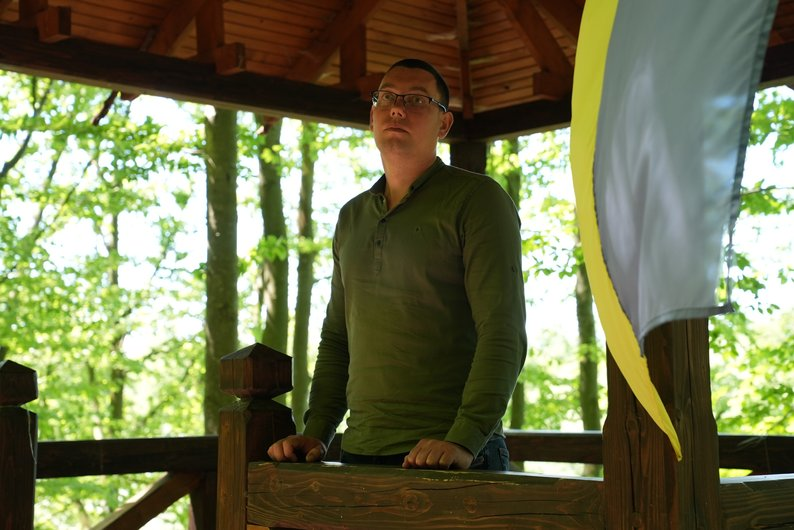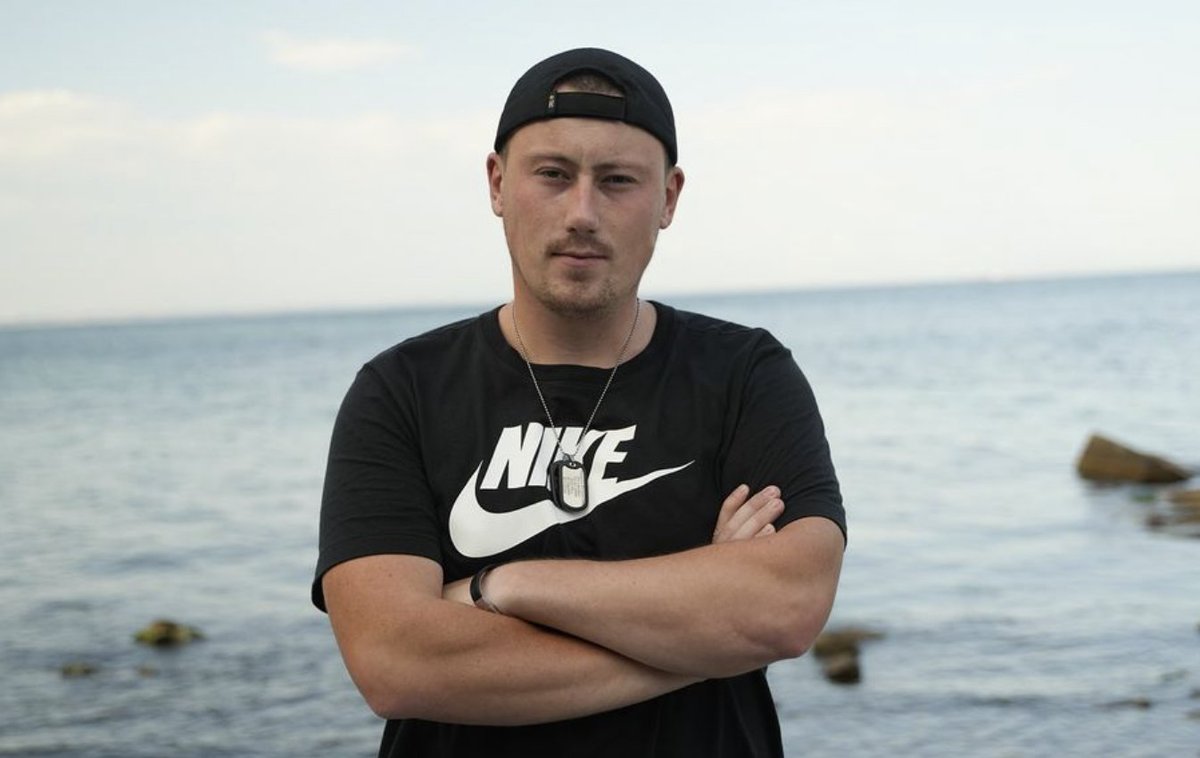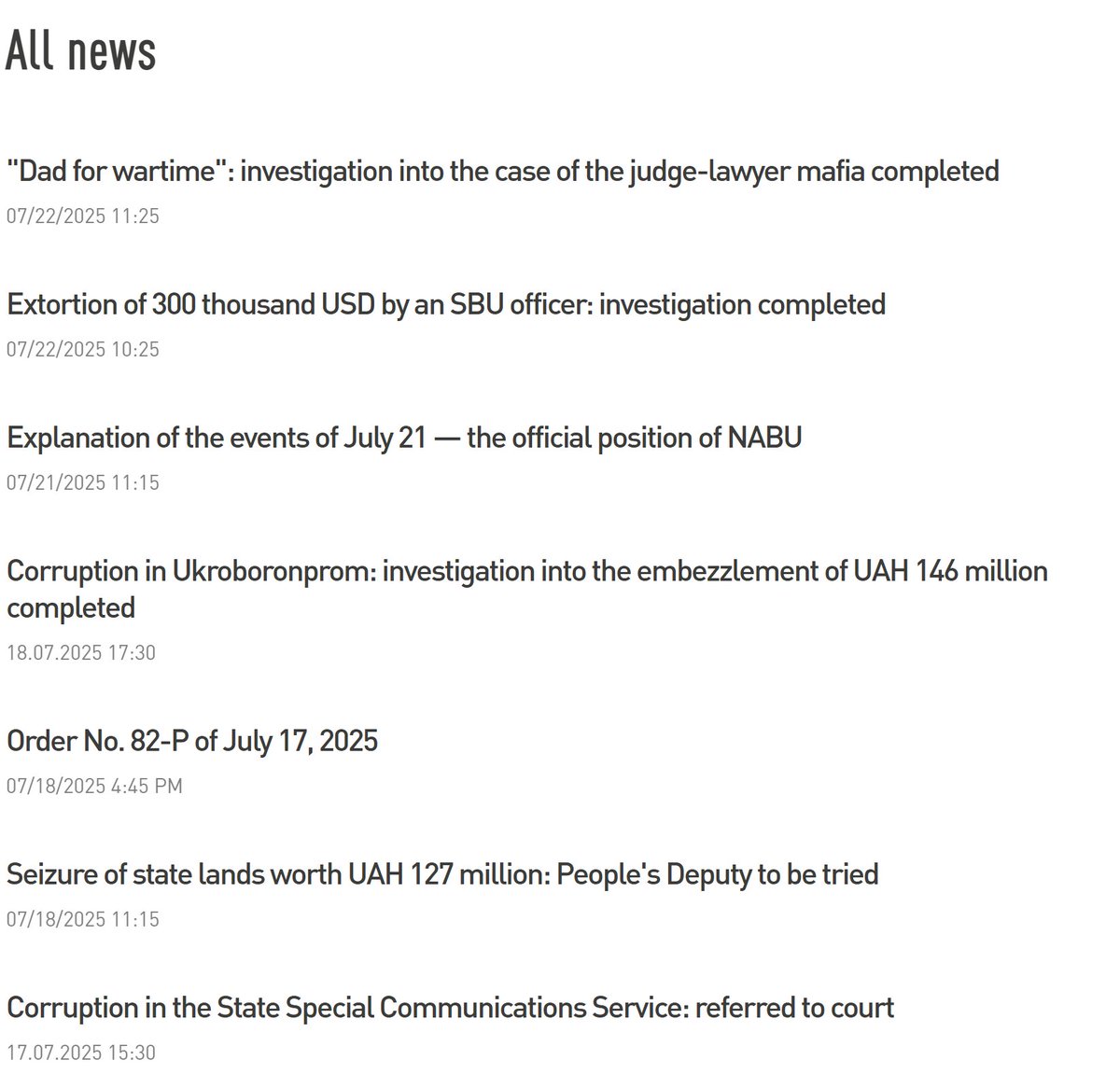THREAD: First Russo-Chechen War
The developments in this conflict hold significant historical value for understanding #Russia and its relations with other nations.
#RussiaDecolonized
The developments in this conflict hold significant historical value for understanding #Russia and its relations with other nations.
#RussiaDecolonized

PRECONDITIONS
At the end of the eighties, there were many national movements aimed to support cultural development or independence movements in the USSR. Chechnya was not an exception. /1
At the end of the eighties, there were many national movements aimed to support cultural development or independence movements in the USSR. Chechnya was not an exception. /1
In 1990, the All-National Congress of the Chechen People was formed. Dudayev, until 1991 a Soviet Major General of Aviation and commander of the strategic bomber division in Tartu, was a prominent member of this organization. /3 

Initially, the goal of the congress was to fight for sovereignty as a separate republic within the USSR, similar to the Ukrainian SSR, for example. /4




Goals were changing depending on overall developments in the USSR. On June 8th, the congress declared the Chechen republic (Nóxçiyn Respublik). /5




Then, after the failed August Coup attempt in 1991, many USSR republics and their governments declared independence, for example, Moldova, Azerbaijan, Ukraine. Chechen ASSR's authorities stayed loyal. Then the Chechen congress decided to act more confidently. /6 

On September 1-2, in Grozny, the organization held its third session, which declared the Supreme Soviet of the Chechen-Ingush Republic deposed and transferred all power in Chechnya to the Congress Executive Committee headed by Dzhokhar Dudayev. /7
As you might have noticed, modern-day Chechnya and Ingushetia were part of one federal subject inside the Russian SFSR. They took different paths at the beginning of the '90s. /8
https://twitter.com/1082338523309633537/status/1688532928127467520
On September 6, 1991, the Executive Committee, headed by Dzhokhar Dudayev, took control of the main political and administrative centers in Grozny and the rest of Chechnya. There were also casualties involved; for example, Chairman of the Grozny City Council Kutzento died. /9
September 6 is considered an Independence day until today, and Chechens in exile are celebrating it as such. /10 

Elections for the president and parliament of Chechnya were held on October 27, 1991. The day before, the Supreme Soviet of the Soviet Union published a notice that the elections were illegal. With a turnout of 72%, 90.1% voted for Dudayev. /11 

Worth mentioning that Dudayev was the only candidate. However, there were international observers from such countries as Estonia, Lithuania, Latvia, and Georgia. They concluded the election was conducted fairly. /12
During the first year of independence, all Russian (Soviet) forces left Chechnya. Significant amounts of Soviet weapons and military equipment have been nationalized by the Chechen government. /13
During 2-3 years, the Chechen Republic was developing as a separate state with its problems and challenges as other states in the area. Dudayev was trying to build a secular state with a democratic system. /14
The republic back then wasn't recognized internationally but had representative offices and tried to maintain relations with a few other countries, such as Estonia, Georgia, and Turkey. /15 

Estonia maintained a close relationship with Dudayev because he refused to use his troops to suppress the independence movement in Estonia, while serving there. The Estonian parliament even contemplated recognizing Chechnya as an independent state. /16 

However, this decision was ultimately swayed by pressure from Russia and pro-Russian factions within the European Union, leading Estonia to refrain from formal recognition. /17
INVASION
The invasion wasn't unexpected, as there were prior pressure attempts. Let's examine the events leading up to it. /18
The invasion wasn't unexpected, as there were prior pressure attempts. Let's examine the events leading up to it. /18
Since 1993, Chechnya faced economic hardships due to Russia imposing economic and transport blockades. This had severe repercussions, given Chechnya's isolation with no road connections to other countries. /19 

When economic sanctions failed, Russia turned to support Dudayev's opposition and supplied them with weapons. /20
In November 1994, there was an attempt to storm Grozny by opposition forces. Later, it was revealed that many POWs were actually Russian soldiers. The Russian MOD minister labeled them mercenaries but later acknowledged their affiliation with the Russian army. /21
https://twitter.com/1082338523309633537/status/1706422283093393920
Many say that Russia hesitated to attack Chechnya until they secured Ukraine's nuclear weapons. The Budapest Memorandum, signed on 05.12.1994, marked a significant moment. /22
The bombing of Chechnya's infrastructure began in early December, setting the stage for a full-scale invasion, which took place on December 11, 1994. /23 

This whole approach of Russia is similar to what happened in Ukraine. This pattern was well described by John McCain in 2014. /24
https://twitter.com/1082338523309633537/status/1706392216720068919
Starting from December 1994, Chechnya experienced intense bombing. The initial plan was to control the entire region within a month, but reality proved different, with the capital reached only at the end of the month. /25
Russia's plan was simple: move three large columns in various directions—north, west, and east—towards Grozny. However, this strategy faced challenges similar to those encountered in Ukraine. Chechen nation united, and many civilians actively opposed the invaders. /26

https://twitter.com/1082338523309633537/status/1629131840828080129

The Chechen army used artillery to repel Russian troops when they were blocked. In response, Russia adopted harsh strategies, including bombing villages along their path. This further solidified Chechen support for Dudayev. /27 

BATTLE FOR GROZNY
The Grozny assault began on December 31 as Russian forces closed in. Chechen fighters lured them closer and then trapped them. They attacked columns from multiple directions, using small groups, grenade launchers, and mine launchers. /28
The Grozny assault began on December 31 as Russian forces closed in. Chechen fighters lured them closer and then trapped them. They attacked columns from multiple directions, using small groups, grenade launchers, and mine launchers. /28

Despite Russian General Grachev calling tank assaults on cities unwise, that's exactly what the Russian army did. The plan by Russian generals proved an utter failure. Despite significant losses, they refused to retreat and attempted urban warfare. /29




Until January 18, Chechen forces held the city center and south, defending the presidential palace, that became symbolic afterwards. /30 

On January 18, Chechen General Maskhadov ordered a retreat to better defensive positions. Airstrikes and artillery had devastated the city, causing massive civilian casualties. /31 

Maskhadov used the Sunzha River as an effective defensive line. Russian artillery intensified, firing over 30,000 shells daily. For context, in the 2023 Russo-Ukrainian war, Russia fired 20,000 to 60,000 shells daily. /32
The final Chechen unit left the capital in March 1995. They slowly retreated south, and the conflict shifted into a guerrilla war. /33
FURTHER HOSTILIES IN 1995
As Russia pressed on to establish control over the entire republic, Ichkeria's Army showcased its skills in escaping encirclement, continuously moving and regrouping within the republic to launch attacks on Russian columns. /34
As Russia pressed on to establish control over the entire republic, Ichkeria's Army showcased its skills in escaping encirclement, continuously moving and regrouping within the republic to launch attacks on Russian columns. /34
The further south the Russian army ventured, the tougher the fight became due to Ichkeria's mountainous terrain. Meanwhile, Yeltsin showed no interest in negotiating a peaceful solution with Dudayev, neither before nor during the war. /35 

Russia persisted in destroying civilian villages and towns with overwhelming force. Occasional ceasefires emerged, lasting a few weeks, such as during the May 9 celebrations marking 50 years since WW2 victory. /36 

In June, Ichkeria's military leaders decided to expand their efforts beyond Chechen lands for victory. Simultaneously, the Russian army closed in on Chechnya's mountainous regions. /37
Around 150 Ichkeria fighters, led by Shamil Basayev, crossed the border in military trucks, disguising themselves as police transporting cargo 200. This led to the Budannovsk Hostage Crisis, despite a different initial plan. /38






Approximately 1500 hostages were taken in a hospital. The demand was clear: stop the war and negotiate a deal. After failed assault attempts, the Russian Prime Minister engaged in talks with Basayev and agreed on a compromise. /39 

The ceasefire held for several months, providing both sides with an opportunity to reorganize their forces. /40
In December 1995, elections took place, resulting from negotiations but conducted without adhering to rules. Much of Chechnya was under Russian control, and the elections were won by Zavgayev, a pro-Russian figure. /41
HOSTILITIES IN 1996
Russia employed a strategy akin to scorched earth. There were fights in Dagestan and Ingushetia, where small Chechen groups targeted Russian military infrastructure, like military aerodromes. /42
Russia employed a strategy akin to scorched earth. There were fights in Dagestan and Ingushetia, where small Chechen groups targeted Russian military infrastructure, like military aerodromes. /42
In fighting on their home turf, the Chechens displayed greater skill compared to the Russians, achieving success in the spring of 1996. /43 

Mufti of Ichkeria, Akhmad Kadyrov (father of Ramzan Kadyrov), declared a Jihad (holy war) against Russia. The Chechen nation fought for its survival. /44




Prolonging the war became increasingly difficult. Elections loomed, and Yeltsin's reputation suffered due to the bloody conflict. Unlike the tight control over elections and media seen in Russia today, the government did not have the influence during that time. /45 

Criticism came not only from society but also from politicians. Nearby regions like Ingushetia sympathized with Chechnya, with the Ingush president urging the Russian army to depart. /46
Nonetheless, Russia assassinated Dudayev with a rocket strike, hoping to weaken the resistance. Yet, civilian bombardments, rapes, tortures, and other war crimes only bolstered Ichkeria's resolve. /47




OPERATION JIHAD AND AGREEMENT
Negotiations began in early June. While the Chechen negotiation group was in Moscow, Yeltsin visited Chechnya to congratulate the Russian army for political campaign purposes, even though Russia was actually losing ground. /48
Negotiations began in early June. While the Chechen negotiation group was in Moscow, Yeltsin visited Chechnya to congratulate the Russian army for political campaign purposes, even though Russia was actually losing ground. /48

In August 1996, Ichkeria's army successfully launched an operation called "Jihad" and retook Grozny. Despite Russia having significantly more forces, many Chechens joined Ichkeria's army once they entered the city. /50 

Over the six months following the start of negotiations, several agreements were signed. The outcome was that de facto, Ichkeria was recognized as an independent state, with the de jure status to be determined in 2001. /52
https://twitter.com/1082338523309633537/status/1704127706571677865
CASUALITIES AND AFTERMATH
The war had devastating consequences, with a high number of casualties. The figures vary widely, making it challenging to provide a precise estimate. /53
The war had devastating consequences, with a high number of casualties. The figures vary widely, making it challenging to provide a precise estimate. /53

Approximately 50,000 to 100,000 Chechens lost their lives, with around 80-90% of this number being civilians. The number of injured should be several times higher. /54
Estimates for Russian army casualties range from 20,000 to 50,000, with a significantly higher number of injuries. The Russian government concealed casualties, a practice that continues to this day. /55
The economic situation in the years following 1996 was hindered by the absolute destruction the region had endured. This led to chaos and lawlessness, despite Chechen President Maskhadov's efforts to combat it. /57
CONCLUSION
To conclude, delving into this subject, it does indeed resemble an invasion into a foreign country, even though it is seldom officially recognized as such. /58
To conclude, delving into this subject, it does indeed resemble an invasion into a foreign country, even though it is seldom officially recognized as such. /58
The current relations between Moscow and Chechnya often appear as a governing of occupied land. Putin has established a family to oversee the region, essentially creating a dynasty to maintain control. /59






Another point worth noting is that even a moderately democratic society can exert pressure on a government inclined towards warmongering. On the day of the invasion, Boris Nemtsov labeled it a mistake and argued that the war in the Caucasus couldn't be won. /60
Nemtsov reiterated this stance in 2014 when Russia invaded Ukraine. Putin's decision to eliminate Nemtsov in 2015 effectively removed opposition, enabling him to initiate wars and commit war crimes with impunity. /61 

It's important to highlight that the invasion of the Chechen Republic can be viewed was an imperialistic action. Additionally, the disregard for the lives of its own citizens is a persistent aspect of Russia's history that has spanned many centuries and continues today. /62 

Thank you for reading.
For discussion:
Do you agree with these conclusions, or do you have alternative perspectives?
Do you recall these events happening? How were they portrayed in the media?
Please consider suppoting:
/63buymeacoffee.com/VTretyak
For discussion:
Do you agree with these conclusions, or do you have alternative perspectives?
Do you recall these events happening? How were they portrayed in the media?
Please consider suppoting:
/63buymeacoffee.com/VTretyak
• • •
Missing some Tweet in this thread? You can try to
force a refresh





















